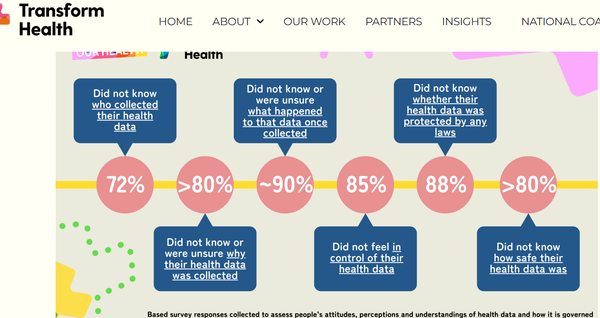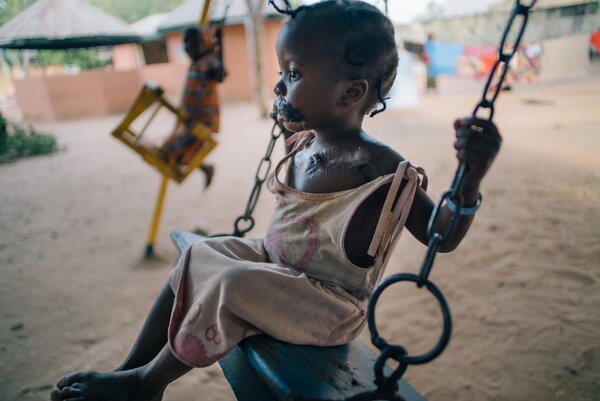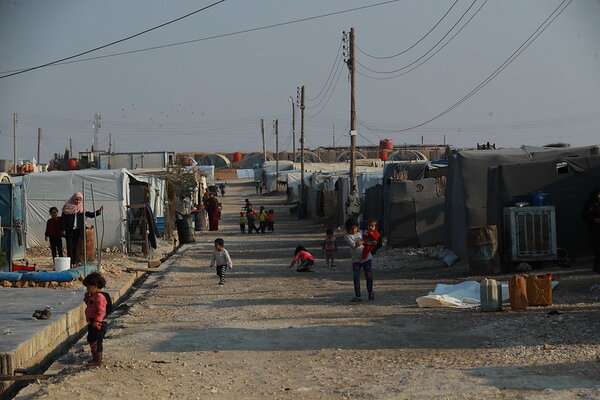Inequities forever?
Une fois de plus, la conférence a mis en évidence le fait que la pauvreté, le chômage (des jeunes), l’inégalité des sexes, la criminalisation et la marginalisation des groupes à risque représentent les principaux moteurs de l’épidémie de VIH. Winnie Byanyima, directrice de l’ONUSIDA, a donc lancé un appel pressant à la société pharmaceutique Gilead pour qu’elle mette le médicament à la disposition de tous ceux qui en ont besoin. Dans le domaine médical, les percées n’ont de sens que si les personnes pour lesquelles ces médicaments sont nécessaires peuvent aussi y avoir accès.
Les chiffres parlent d’eux-mêmes. Selon le dernier rapport de l’ONUSIDA, environ 1,3 million de personnes sont encore infectées par le VIH chaque année : un enfant toutes les 5 minutes et environ 4000 jeunes femmes et filles par semaine, principalement en Afrique subsaharienne (ONUSIDA, 2024). Malgré d’importants progrès ces dernières années, l’objectif d’en finir avec le sida d’ici 2030 semble compromis : les groupes à risque sont plus vulnérables que jamais et les ressources diminuent. L’année dernière, l’ONUSIDA a bénéficié de 9,5 milliards de dollars de moins pour la lutte contre le VIH. Par ailleurs, le financement mondial a diminué de 6 %. De plus, de nombreux gouvernements à travers le monde ont menacé de réduire encore leurs investissements dans des initiatives mondiales, telles que le Fonds mondial ou le PEPFAR.
Put people first !
Ainsi, tout au long de la semaine, de sombres rapports concernant le financement futur des programmes de lutte contre le VIH n’ont cessé d’être présentés. Les communautés, en particulier, se considèrent comme les principales victimes des mesures d’économie. Malgré leur grande importance politique dans la lutte contre le VIH/sida depuis des décennies, les programmes qu’elles ont initiés ne bénéficient toujours pas d’un financement suffisant. Les études le montrent : les organisations gérées par les communautés sont au cœur de l’efficacité des mesures de lutte contre le VIH. Elles sont les expertes de leur épidémie locale de VIH et obtiennent des résultats que d’autres ne peuvent pas atteindre. Elles demandent une restructuration du financement, l’abandon de fonds liés à des projets au profit d’un financement plus flexible et durable, ainsi que l’élimination des obstacles rencontrés par les bailleurs de fonds qui les empêchent d’obtenir les moyens nécessaires.
Put people first ! Les représentantes et représentants des communautés concernées ont réclamé avec véhémence ce slogan pour la conférence. Leur message est clair : ils en ont assez de remplir questionnaire sur questionnaire sans que ces données soient intégrées dans les programmes. Ils veulent pouvoir les piloter et ne plus avoir à mendier un droit de regard et des moyens financiers.
Martina Staenke
Réseau Medicus Mundi Suisse
E-Mail


















































